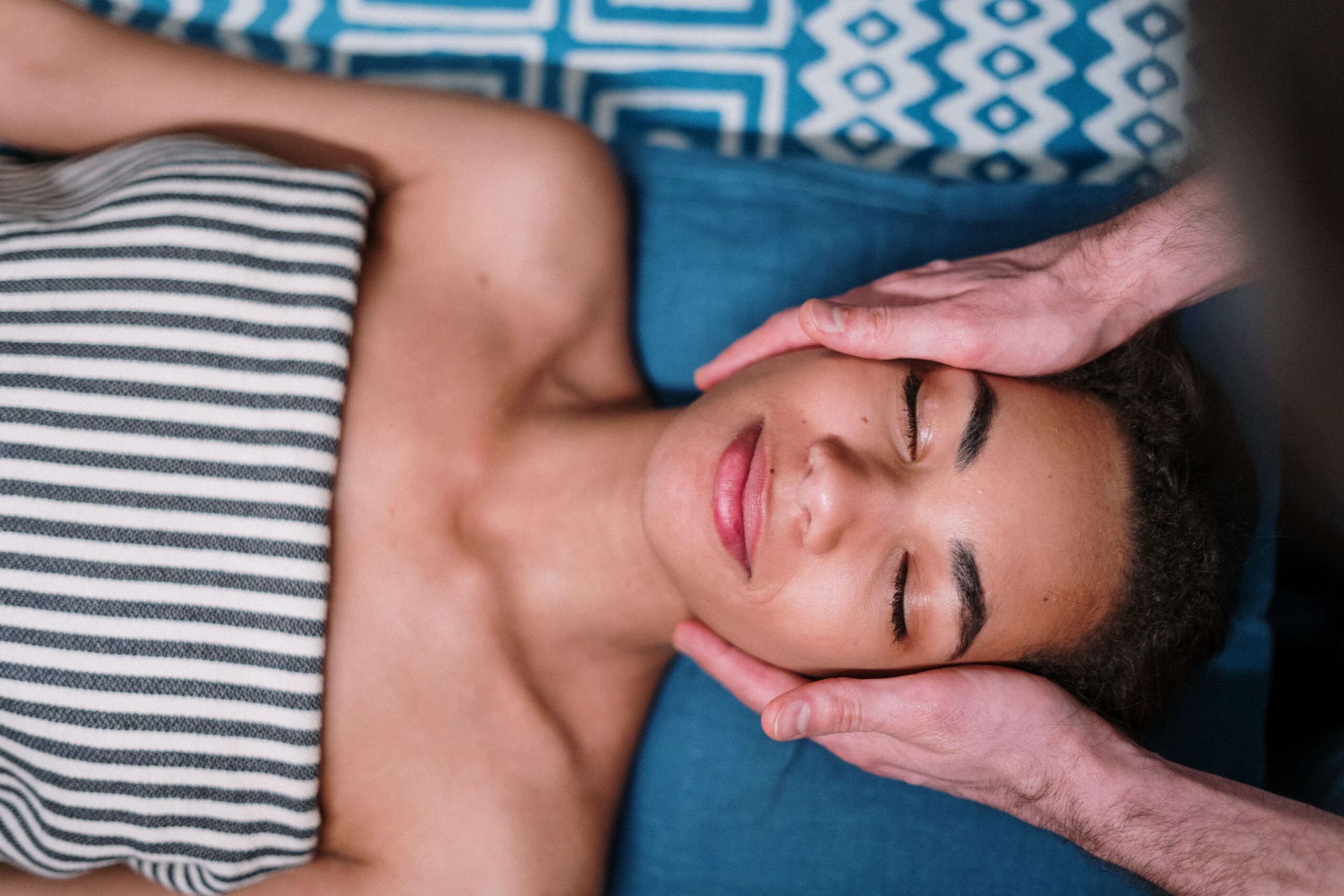
Because beauty customers often take their cues from those closest to them, it is no surprise that they are looking for beauty products that are appropriate to their age and ethnicity. What’s more, they expect to see beauty in all its many shapes, sizes, and colors presented in positive and realistic ways.
Accurately and positively reflecting age is top on their list (54%), followed by images that show reality (i.e. cellulite, tooth gaps, scars, gray hair, wrinkles), not photo-shopped perfection (51%). Embracing the beauty in all body sizes (49%), facial features (47%), race/ethnicity (42%), skin color (40%) and genders (40%) are also important.
The beauty consumer is changing in how they define beauty and demanding an inclusive and authentic image. “In the past, the idea was that if you told people they weren’t good enough, by creating this aspirational messaging, they would constantly be spending money buying your product to try and be good enough,” shared Anastasia Garcia, a fashion photographer and body diversity advocate.
“But the truth is, you don’t have to make people feel like crap to buy a product. If you celebrate people, they’re going to want to buy into that product,” she continued.
Claiming one’s authentic beauty
This Ipsos study shows the changing face of beauty and it is the natural beauty in each person, not some unrealistic, unachievable ideal.
The long-established aspirational concept of beauty, and products designed to help consumers achieve them, needs to give way to a more personal, inclusive, and authentic image.
The people we are closest to have a far greater impact on how we define beauty and guide us in our choices, more than paid influencers or brand-generated advertising and marketing. This has implications too for beauty retailers to make the most of their potential to develop close personal connection with customers.
Fellow Forbes.com contributor Richard Kestenbaum reported that half the growth in beauty is coming from online. But that also means the other half is coming from physical retailers who have the advantage of cultivating that critical personal connection with customers. Trusted in-store advisors are best able to help customers find products and brands that will help them realize their own personal beauty image, not copy that of a model, celebrity, or paid influencer.
In closing, one of the more interesting questions included in the study was this: Have you ever thought someone was unattractive initially but changed your mind over time? Nearly two-thirds replied yes and explained that their perception changed after getting to know the individual better.
Ultimately beauty is as beauty does and it is defined in this survey as confidence, kindness, and intelligence. Consumers today are claiming their right to define beauty on their own terms. That is an insight that will guide the beauty industry to grow and prosper in the future.
